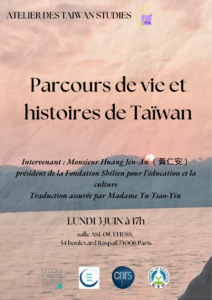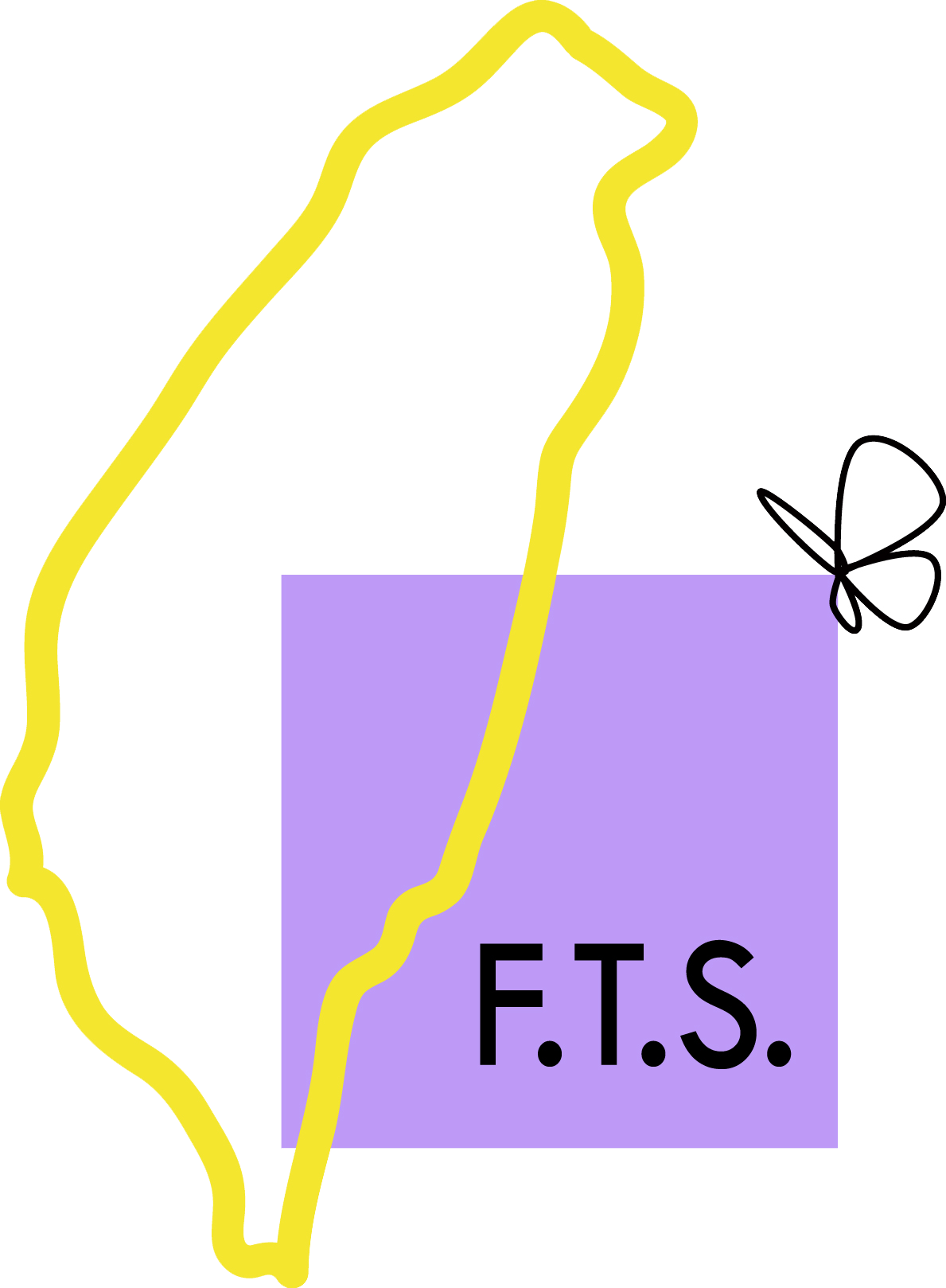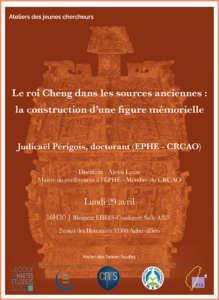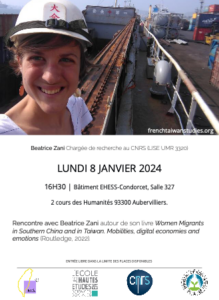 Huang Jen-An was born in 1942, and was graduated from the Department of Law of National Taiwan University in 1964. He went to Japan in 1967 and entered the Graduate School of Law of Kobe University the following year, specializing in the study of international regulations related to container transportation.
Huang Jen-An was born in 1942, and was graduated from the Department of Law of National Taiwan University in 1964. He went to Japan in 1967 and entered the Graduate School of Law of Kobe University the following year, specializing in the study of international regulations related to container transportation.
After completing his studies in Japan, he returned to Taiwan in 1970. Soon he joined the Ministry of Transportation and Communications and was engaged in shipping and container planning. He later resigned from public office and started his own business-CTW Logistics Corporation in 1974.
Conceived with the notion of “Thank for the love from parents and give back to all in the local community,” Mr. Huang donated to establish the CTW Culture and Education Foundation in 1998. Over the past 25 years, the foundation has sought to advocate social charity in education and culture, environmental protection and industrial development in conjunction with government resources with a focus on local residents, social groups, environment and industry. It also translates the ideal into concrete and incremental actions to materialize the corporate philosophy of CTW Logistics in “Give back to society, Give back to the Earth.”In the future, the foundation will align with social change to further commit its resources to social charity in the aspects of culture and education in diversity.



